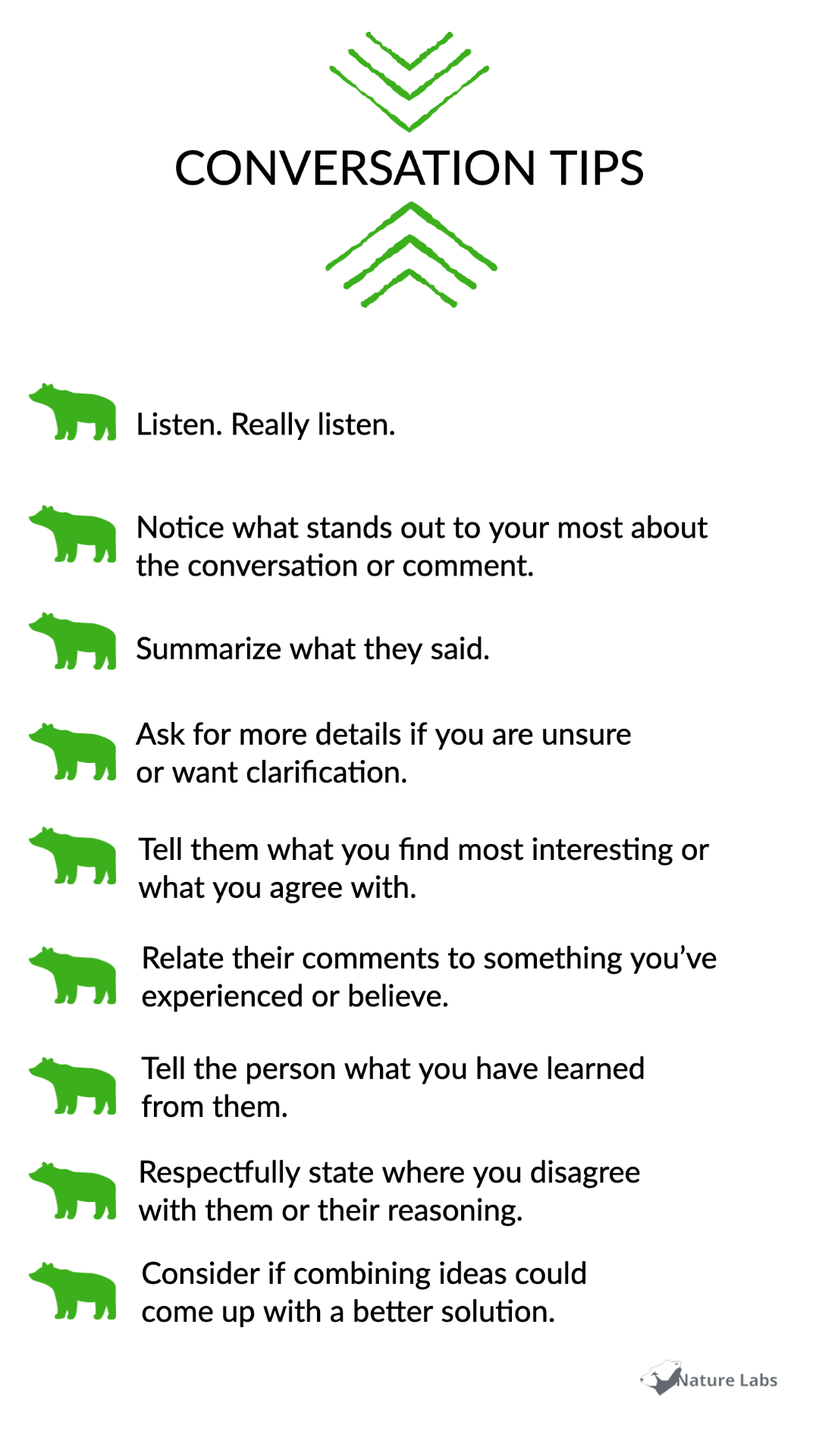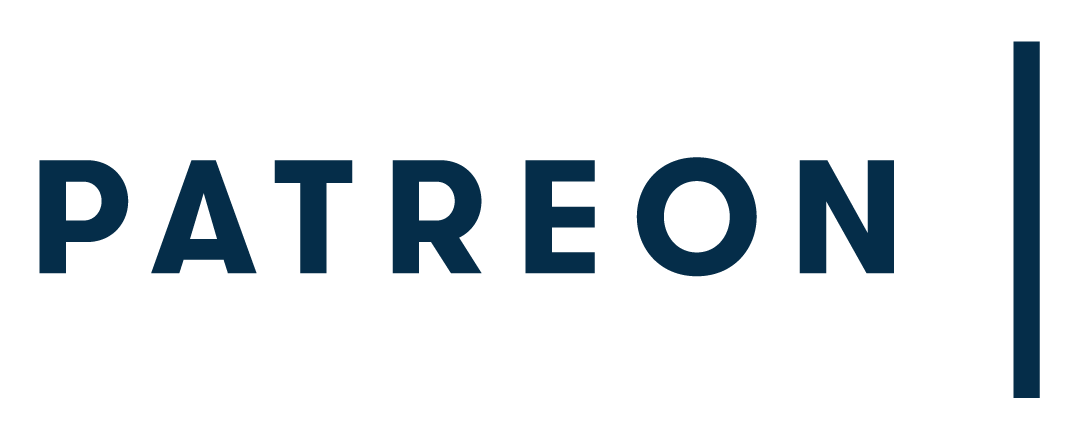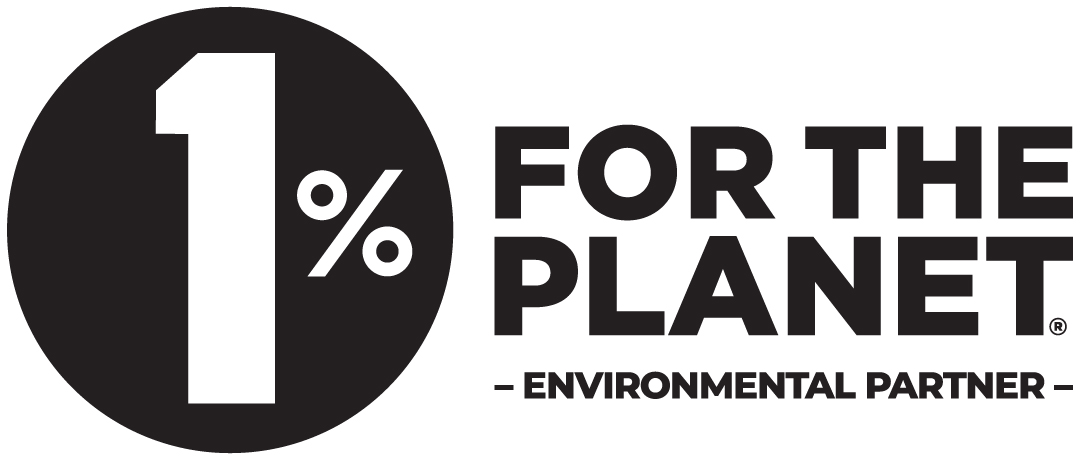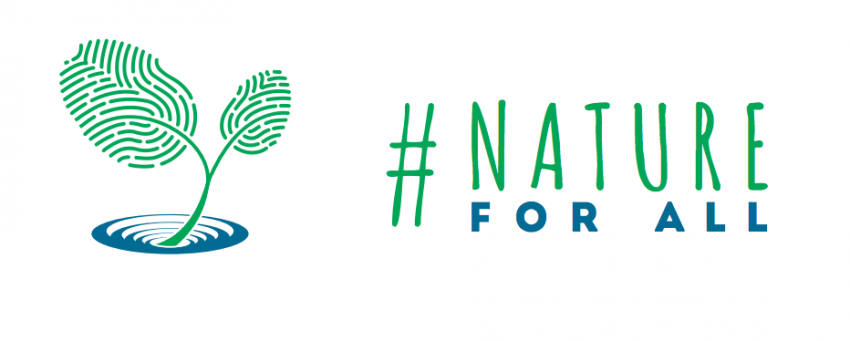Learning interviewing skills is valuable for a variety of reasons, including:
- Job interviews: Interviewing skills are crucial for job seekers. A well-executed interview can make the difference between getting the job or not. Interviewing skills can help individuals communicate their strengths and abilities effectively, answer questions with confidence, and make a positive impression on potential employers.
- Communication skills: Interviewing skills are also useful contexts beyond job interviews. They can help individuals become better communicators, be able to ask good questions, to listen actively, and to respond thoughtfully to the person they are speaking with. It can also spark curiosity and interest in something new!
- Research skills: Interviewing skills are essential for conducting research in many fields, including journalism, market research, and social sciences. A good interview can elicit valuable information, insights, and perspectives that might not be available through other sources.
- Networking: Networking is an important skill in many professions, and interviewing skills can help individuals make connections and build relationships with potential employers, clients, mentors and colleagues.
- Self-reflection: Interviewing skills can help individuals reflect on their own experiences, values, and goals. By practicing self-reflection through interviews, individuals can gain a better understanding of themselves and their strengths, and use this information to make informed decisions about their lives and careers.
Do you have an idea for a better balance between people and nature? Seek out more information on your idea from someone who works in a field relating to your idea.
Conduct Your Own Interview

- Identify the experts. You can contact 100 people and only one person may return your message. Where can you find an expert on your topic? Check Twitter, universities, media articles, local experts, government employees etc..
- Write an email template that briefly introduces yourself, states your purpose (eg. how you plan to create a better balance between people and nature), outlines what you would like to interview them about and adds a timeframe or set of dates to connect.
- Set an interview time. With any responses:
- Research the expert further.
- Reply with your exact topic, or questions and what you are looking for in the interview.
- Set a date, time and method for connecting for the interview.
- Remind the interviewee a day before and restate the topic you will be asking him or her about.
- Research the expert further.
- Prepare five to ten questions. Don’t ask the obvious questions that can be found by conducting a google search. Apply it specifically to the topic you are writing about. Take your time and find the right questions that will help you answer your thesis question.
- Test your interviewing method and have all materials ready.
- Record the interview.
- Thank the interviewee before and after you ask your questions.
- Create a transcript of the conversation and highlight important information.
- Send a follow up thank you message, briefly follow up on your progress with the report and let them know what specifically they helped you with.
Now reflect and improve upon each time you conduct an interview.





 Or join us on Patreon!
Or join us on Patreon!






